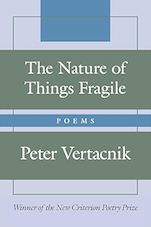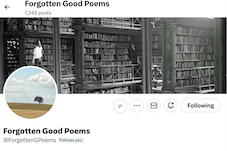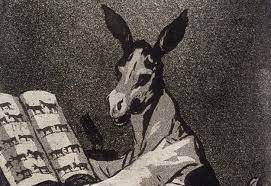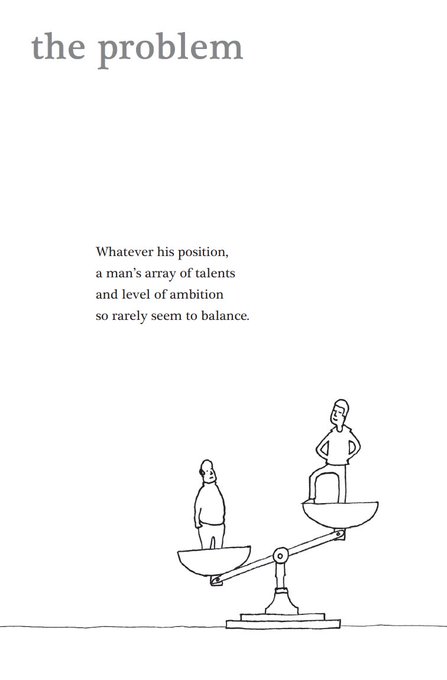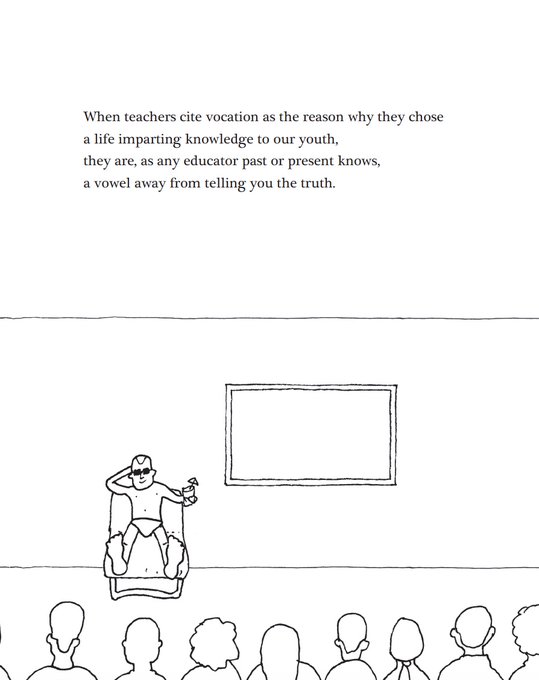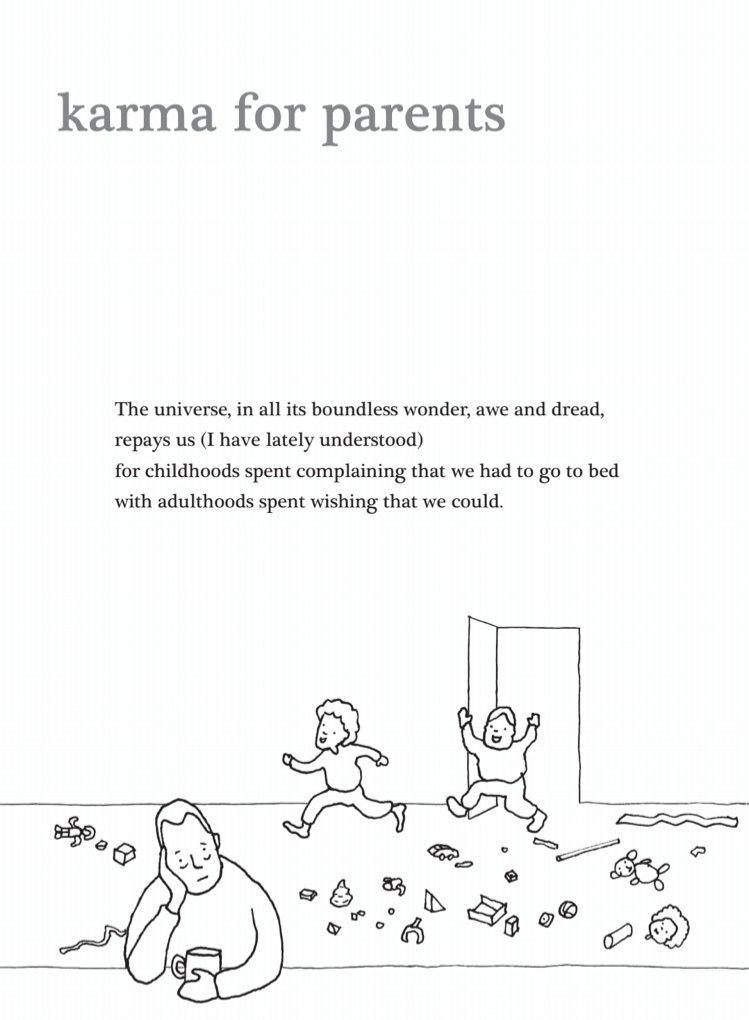Laura Gilpin (October 10, 1950–February 15, 2007) was an American poet, nurse, and advocate for hospital reform. Born in Wisconsin, she was the daughter of Robert Crafton Gilpin and Bertha Burghard. She grew up in Indianapolis, Indiana and later attended Sarah Lawrence College, where she obtained a Bachelor of Arts degree, and Columbia University, where she was awarded a Master of Fine Arts degree. For some time she lived in New York City where she worked for the Teachers and Writers Collaborative and where she co-ordinated the poetry programme of the Henry Street Settlement. She also taught creative writing at the New York Public Library before becoming a registered nurse.
In 1976, Laura Gilpin was awarded the Walt Whitman Award by the Academy of American Poets for her first book of poetry, The Hocus-Pocus of the Universe (Doubleday, 1976). The judge was William Stafford who selected her collection from among 1,600 submissions and commented: The control pace, cumulative effect, frequent rockets of surprise in The Hocus-Pocus of the Universe make it a very appealing and admirable book. I like the sense of being accompanied page after page by the worthy company of an author who can have the audacity to rely on lines that are just right …
She was awarded a Writer’s Grant in 1981 from the National Endowment for the Arts. That same year she became a registered nurse having attained a Bachelor of Science in nursing from New York University. Her nursing career included paediatric nursing at Memorial Sloan-Kettering Cancer Center in New York and adult oncology at California Pacific Medical Center in San Francisco. In 1985, Laura Gilpin was invited to be a staff nurse on the original Planetree unit which has been described as a pioneering organization dedicated to humanizing patient care in hospitals. ( The name Planetree came from the type of tree under which Hippocrates, the father of modern medicine, sat and taught; their goal is to reconnect with his holistic approach that addresses the patient’s body, mind, and spirit.) Laura Gilpin continued working with Planetree for more than twenty years, helping over one hundred hospitals to improve health care. She was eventually promoted to Planetree’s Director of Member Services and then Director of the Planetree Affiliate Network. She was joint editor, along with Susan Frampton and Patrick Charmel of the book Putting Patients First: Designing and Practicing Patient-Centered Care (Jossey-Bass, 2003) In 2004 Putting Patients First was named as Hamilton Book of the Year by the American College of Health Care Executives.

Five and a half months after a diagnosis of multiple glioblastomas was made in September 2006, Laura Gilpin, 56 years old, died on Thursday, February 15, 2007, at her home in Fairhope, Alabama.

THE TWO-HEADED CALF
Some poems go viral. After Russian troops invaded Ukraine, Ilya Kaminsky’s poem “We Lived Happily During the War” went viral. Similarly, after mass shootings and other tragedies in 2016, a poem called “Good Bones” by Maggie Smith went, as she put it “legit viral on Twitter.” Even earlier, in July 2013, a lengthy prose poem by Patricia Lockwood called The Rape Joke was posted by the current events website The Awl and quickly became a viral sensation as it was shared over 30,000 times on Facebook and retweeted over 2,400 times on Twitter. In its own quiet way, one poem by Laura Gilpin called The Two-Headed Calf has gone viral. On my own Tumblr site – Poem-Today – which has posted a poem a day since 2015, this poem has had far more interactions than any other poem I have posted, and that includes both the Patricia Lockwood poem and the Maggie Smith poem. It continues to appear regularly on internet sites as do images of art work inspired by the poem. Online, the poem has become the subject of webcomics, fan art and memes due to its emotional impact. Many have had tattoos inspired by the poem done on their bodies, responding to the text and to the image projected. The poem is brief and worth quoting in full.
The Two-Headed Calf
Tomorrow when the farm boys find this
freak of nature, they will wrap his body
in newspaper and carry him to the museum.
But tonight he is alive and in the north
field with his mother. It is a perfect
summer evening: the moon rising over
the orchard, the wind in the grass. And
as he stares into the sky, there are
twice as many stars as usual.
It is not hard to understand why this short poem has gained such resonance and attracted so many readers. The poem is imaginative, intelligent, intricately paced and intriguing. Like the brief poems below, it conveys so much in such a short space. An interesting, detailed analysis of the poem from Dr Oliver Tearle is available on the Interesting Literature site. The success of this poem has, however, tended to take the focus away from the other poems of Laura Gilpin. She is far from being a “one-hit wonder.”

THE POETRY OF LAURA GILPIN
Early reviewers of The Hocus-Pocus of the Universe recognized the talent on display. Writing in the Chicago Review – Vol. 30, No. 2 (Autumn, 1978) – Thomas A. Stumpf had this to say: Gilpin’s poems are most interesting for their modesty, their refusal to tell us too much or to speak too stridently. Though it violates all kinds of critical shibboleths to say this, the volume introduces us to a personality which we are convinced is Gilpin’s own, and which is subtle and unpredictable enough to be fascinating, to make us turn the page and want to read more, never really sated with what we have. It is a personality blessedly free from poses … The economy, one might even say severity, of imagery in the volume allows Gilpin to exercise the subtle modulations of tone which are her true strength. It also allows her to concentrate on a narrative or on a dramatic situation without interference from verbal fireworks or the extravagant emotions they beget. And, writing in the American Poetry Review – Vol. 8, No. 1 (January/February 1979) – Michael Heffernan commented: Laura Gilpin’s The Hocus Pocus of the Universe is … held together by a mysterious natural power, in this case a first rate poetic gift. Laura Gilpin’s kind of poetry is often referred to as deceptively simple, but there is nothing deceptive about poems that are as plain-spoken and almost invariably on-the-mark as these are … A dissenting view was proposed by Suzanne Juhasz in a review in the Library Journal – 101, 22 (1976) – where she claimed Laura Gilpin attempts the precision of phrasing, vocabulary, tone, and rhythm that invests William Carlos Williams’s poetry with infinite resonance, but that she lacks an awareness of the complexity involved in such a gesture. But this is, I think, to misread the impulse behind the poems. Instead of seeking or embracing complexity, her poems embrace the simplicity of a low-key demotic far removed from the resonance and the rhetoric of William Carlos Williams. These are not simple poems, but they are written in a quasi-simple style. And they. have their own infinite resonance, one based on conjunctions and disjunctions as can be seen clearly in the brief poems selected below.


SAMUEL BECKETT AND LAURA GILPIN
An unlikely alliance. And yet. Samuel Beckett is used for an epigraph to The Weight of a Soul: All poetry is prayer. But the full quotation is abridged, All poetry, as discriminated from the various paradigms of prosody, is prayer. No less than Beckett, Laura Gilpin was not interested in paradigms of prosody. For her the poetry is in the clarity and the simplicity of the statement. While her innate optimism may run counter to Beckett’s innate pessimism, she recognizes, as does the dour yet witty Irishman, that poetry is prayer without the consolation of religious certainty. And there is more. A well-known quotation from Waiting for Godot reads They give birth astride of a grave, the light gleams an instant, then it’s night once more. Many of Laura Gilpin’s poems, early and late, take place astride a grave or concern themselves with those, mainly relatives and friends, who have gone into night once more. In part IV of Life After Death, the poem begins by asserting simply
The things I know:
how the living go on living
and how the dead go on living with them
Then the poem goes on to contemplate a dead tree inhabited by young rabbits inculcating the concluding message that could, without the simple underpinning, be considered too pat:
So that nothing is wasted in nature
or in love.
Like Beckett, there is a constant awareness of the grave. And, like Beckett, there is an absence of morbidity or sentimentality. A late poem, The Moment, begins with a couple having an argument followed by make-up sex. While making love, the poet is momentarily interrupted by an ambulance passing by her apartment- the scream of the siren/the red light spattering/against our skin. For a moment, the moment of the title and the moment of recognition, she contemplates the world of the dying. Then the moment passes, love resumes and life begins again. Even when it came to her own impending death, as in the concluding poem, Death 2006, there is a simple acceptance, unsentimental and unafraid.
Another Beckett quotation, this one from Endgame, is apt. The end is in the beginning and yet you go on. Aware of how everything ends in death, Laura Gilpin’s poems continue to explore life. To reiterate that Beckett epigraph, All poetry is prayer. And, in a life devoted to concerns wider than the circumscribed world of poetry, she continued to exemplify a form of prayer that deserves a wider audience.

Brief Poems by Laura Gilpin
My Grandmother’s Eighty-sixth Birthday
The cake at my grandmother’s birthday party
was chocolate with white icing which is her
favourite.
Although she could not blow out all the
candles, she said her wish had already
come true.
***
An Afternoon of Painting
And the artist, carrying
his watercolor, walks
home in the rain.
***
The Tomb of the Unborn Soldier
It is a way of life for these women
who go each day to the cemeteries
carrying flowers and who return
empty-handed.
***
The Whole of It
I am as resilient as a robin’s egg
falling out of the nest
twenty feet above ground.
My one salvation
is the little boy across the street
who collects odds and ends.
***
Night Song
And when she
woke suddenly
in the empty room
crying mother, mother,
the moon, watching
at a distance, rose
over her bed
and stayed there
until she was
asleep.
***
Snow
Each flake of snow
so separate
so distinct
yet in the morning
the hillside is a
solid field of white.
***
Differences
Of the six kernels of corn I planted,
only four sprouted, and of these four,
only two survived, and of these two,
one is taller.
***
(Corollary to Coulomb’s Law)
If body (1) of mass (m 1) and charge (q 1)
is attracted to body (2) of mass (m 2) and charge (q 2)
and if body (2) is repelled by body (1)
and attracted to body (3),
which of them will have a date on Saturday night?
***
Seeing a Dog in the Rain
It is raining and there is a dog lying
in the gutter and the gutter is filling
with water because the sewer is clogged.
If the dog were alive he would be drowning
but as it is, the water is simply stroking
his fur.
***
Death
Time stops.
At last it is quiet enough
for me to go to sleep.
Time starts again,
I go on sleeping.

LINKS
The Hocus-Pocus of the Universe on the Internet Archive Site
The Weight of a Soul on the Internet Archive Site
Putting Patients First on the Internet Archive Site
The Wikipedia page on Laura Gilpin
The Laura Gilpin page (with links to six poems) on the Best Poems site
A Summary and Analysis of Laura Gilpin’s Two-Headed Calf
Website of the Planetree Organization
Laura Gilpin gravestone in the Colony Cemetery in Fairhope, Alabama












